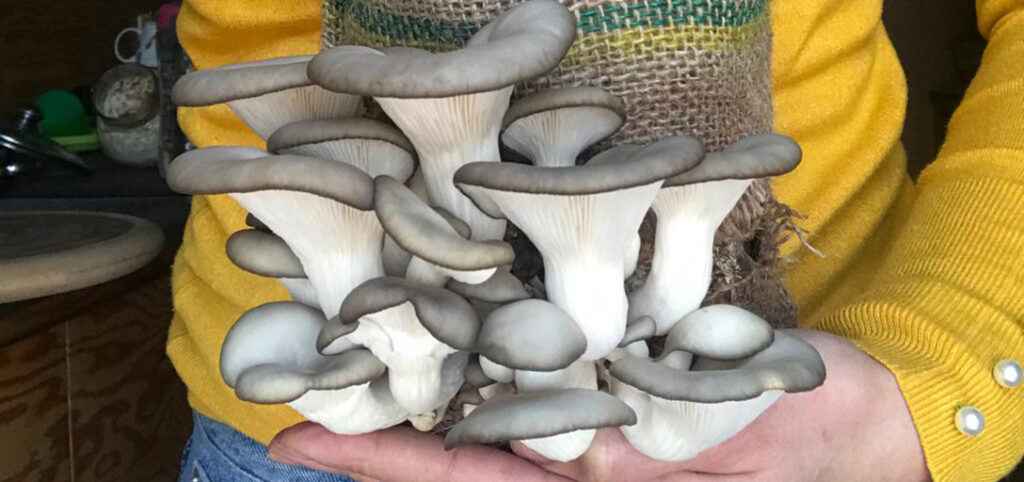Mushrooms have been used for thousands of years, not just as food, but also as medicine in many traditional systems of health, including Traditional Chinese Medicine (TCM) and Ayurveda.
In recent years, mushroom extracts have gained popularity in the wellness world for their potential health benefits. But what exactly are mushroom extracts, and how do they work? This beginner’s guide breaks down the basics to help you understand what they are, how they’re made, and why people use them.
What Are Mushroom Extracts?
Mushroom extracts are concentrated forms of the active compounds found in medicinal mushrooms. Unlike whole mushrooms you might cook with, these extracts are typically created through a process that isolates and enhances the most beneficial elements, such as beta-glucans, triterpenes, and antioxidants.
The extraction process usually involves hot water, alcohol, or both. Water extractions pull out water-soluble compounds like beta-glucans, while alcohol extractions draw out fat-soluble compounds such as triterpenes and sterols. Many high-quality extracts use dual extraction (both water and alcohol) to ensure a full-spectrum product.
Why Use Mushroom Extracts?
Mushroom extracts are popular in functional medicine and among wellness enthusiasts because they may offer a variety of potential health benefits. While research is still ongoing, here are some of the most common reasons people use mushroom extracts:
- Immune Support: Certain mushrooms like reishi and turkey tail are rich in beta-glucans, known to support and regulate the immune system.
- Cognitive Health: Lion’s mane is one of the most researched mushrooms for its potential to support brain function, memory, and focus.
- Energy and Endurance: Cordyceps may boost physical performance and stamina, often used by athletes and those needing an energy lift.
- Stress Relief: Reishi is often used as an adaptogen, helping the body cope with stress and promoting restful sleep.
- Antioxidant Support: Many mushrooms are loaded with antioxidants that may help protect the body from oxidative stress and inflammation.
Common Medicinal Mushrooms and Their Uses
Here’s a quick overview of some popular medicinal mushrooms used in extracts:
- Reishi (Ganoderma lucidum): Often referred to as the “mushroom of immortality,” it’s known for its calming effects and immune-boosting properties.
- Lion’s Mane (Hericium erinaceus): Resembles a white, shaggy lion’s mane and is best known for supporting brain health and nerve regeneration.
- Cordyceps (Cordyceps militaris or sinensis): Traditionally used to increase energy, stamina, and athletic performance.
- Turkey Tail (Trametes versicolor): Rich in polysaccharopeptides like PSK and PSP, which are studied for their immune-supportive effects.
- Chaga (Inonotus obliquus): A potent antioxidant mushroom traditionally used in Siberian and Scandinavian folk medicine.
How to Use Mushroom Extracts
Mushroom extracts are available in several forms, including capsules, powders, tinctures, and even coffee blends. Your choice depends on your preferences and health goals. Powders can be added to smoothies or soups, while tinctures offer a fast-absorbing option under the tongue. Capsules are convenient for daily supplementation.
It’s important to choose products from reputable brands that provide third-party testing, list the type of extraction used, and include the percentage of active compounds like beta-glucans. Look for extracts made from the fruiting body (the actual mushroom) rather than the mycelium (the root-like structure), as the fruiting body typically contains higher levels of beneficial compounds.
Final Thoughts
Mushroom extracts are a powerful way to incorporate the health benefits of medicinal mushrooms into your daily routine. Whether you’re looking to support your immune system, improve cognitive function, or reduce stress, there’s likely a mushroom extract that fits your needs. As with any supplement, consult a healthcare professional before adding mushroom extracts to your regimen, especially if you’re pregnant, nursing, or taking medication.





